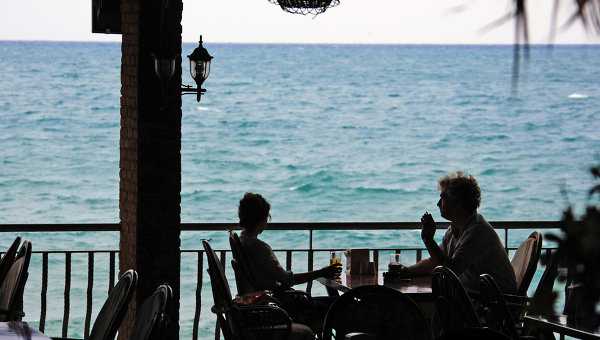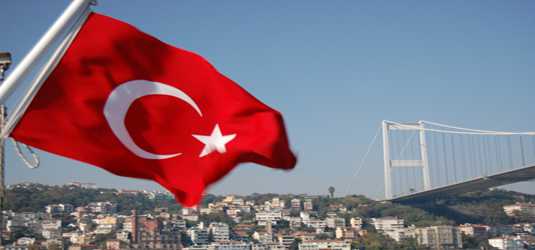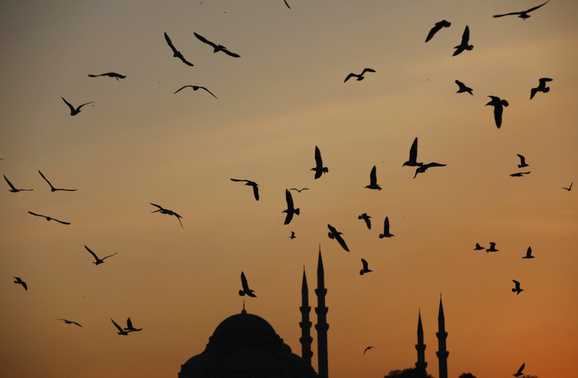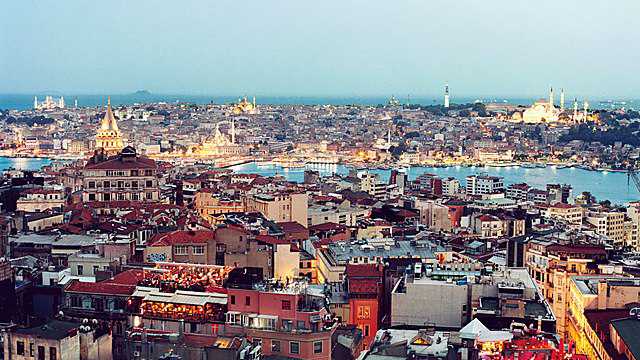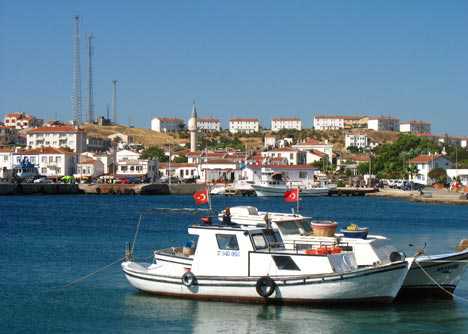By Mona Alami
JERUSALEM – Israel continues to be a favorite destination for the trafficking of women for the sex industry – also known as the white slave trade – and for a form of modern slavery where migrant laborers from developing countries are exploited.
The US State Department placed Israel in Tier 2 position in its 2007 Trafficking in Persons report. Also, an Israeli court ruled against the country’s work visa policy which forces foreign workers into indentured labor with a single employer.
“Israel was only upgraded to Tier 2 last year,” said Romm Lewkowicz, a spokesman from Israel’s Hotline for Migrant
Workers, an advocacy group which defends the rights of foreign workers.
The US State Department divides countries into three tiers. Tier 1 is for countries that have successfully implemented measures to control trafficking (most Western countries fall into this category). Tier 2 is for countries that are trying to eradicate this modern day slavery but still fail to meet the necessary standards. Tier 3 is reserved for countries that have not addressed the issue at the most basic level.
In 2006, Israel was on the US State Department’s Watch List for people trafficking.
“This position falls between Tier 2 and Tier 3. The US applies economic sanctions to those countries which fall into Tier 3, but as we have a strong economic relationship with the US, Israel was given a warning and placed in a slightly higher category,” said Lewkowicz.
The Israeli government has also faced sharp criticism from the US for its so-called binding work visa policy which effectively binds foreign migrants – mostly from developing countries and former Soviet Eastern bloc countries working in certain industries such as construction, labor, homecare and agriculture – to the employer stated on their visa.
“The issuance of these visas is subject to the workers staying with the same employer stated on the visa, and if this condition is broken then the migrant worker is deemed illegal and liable for deportation without having a chance to fight the case in court,” said Sigal Rosen from Hotline.
This has encouraged unscrupulous employers to withhold payment and extort employees, knowing they can always replace them and escape penalized.
One of the more notorious cases was the Turks for Tanks deal of 2002. According to the deal, the Israeli military industry (Ta’as) upgraded about 200 tanks for Turkey for US$687 million, in one of the country’s biggest arms export deals. As part of the agreement, 800 Turkish workers were granted permits to work in construction in Israel, after being placed through the Turkish employment agency Yilmazlar.
One of Yilmazlar’s contractors, Shaheen Yelmaz, arrived in Israel in 2006 dreaming of helping his father pay off his mounting debts after being promised a good job in Israel for $1,400 a month – a fortune by Turkey’s standards where unemployment is high.
On arrival his passport and mobile phone were taken away and he and other Turkish workers were accommodated in squalid conditions.
“We were not allowed to leave the premises in the evenings, and were only allowed out on our day off. And we were not paid for the first three months,” said Yelmaz.
The Turkish Embassy was unwilling to intervene because of the lucrative deal with Israel.
Yelmaz and his fellow contractors, most of them with little education, were coerced into signing blank documents before leaving Turkey that virtually ensured their dependency on Yilmazlar.
“We were also told by our Israeli employer that if we were unhappy we could leave. The police would then arrest us as illegals and we would be deported,” said Yelmaz.
Following a number of similar cases, Hotline and other Israeli human rights organizations petitioned the Israeli High Court. The court acknowledged the inequity of the system, but ruled that Yilmazlar’s contract with the Israeli defense industry was unique, and the company’s contract with Israel was limited.
However, the court did rule in 2006 that Israel’s binding visa policy in general was illegal, and ordered the state to establish an alternative. Rosen says they are still waiting for a final response from the state.
Yelmaz was subsequently deported to Turkey, $15,000 in debt, and Israel’s contract with Yilmazlar was renewed.
“While the situation of indentured laborers remains serious, the white trade trafficking has improved somewhat,” said Lewkowicz. “Since the US State Department put Israel on its Watch List in 2006, the number of women trafficked to Israel has declined, and it is now against the law to traffic in women. Furthermore, the government now grants prostitutes a one-year rehabilitation visa. However, the bureaucracy involved means the granting of these visas is often problematic.”
But new problems have arisen. “Israel is no longer solely an importer of prostitutes but has become an exporter of them too. Last year we discovered a new business where Israeli women were being trafficked to the UK and Ireland to work in the sex industry,” Lewkowicz said.
Prostitution has also gone underground in Israel. “Before it was openly done on the streets, now many of the players have resorted to working from private apartments, following a police and government crackdown on the trafficking,” he added.
According to the Jerusalem-based Task Force on Human Trafficking (TFHT), approximately 1,000 of the estimated 10,000 prostitutes in Israel are minors.
Immigrants from the ex-Soviet bloc countries, some involved in the Russian mafia, manage about 20% of the trade, while the remainder are Israelis, says Lewkowicz.
A Global Terrorism Analysis report published by the Washington-based Jamestown Foundation states that many of the trafficked women are smuggled in from Egypt’s Sinai by Bedouins who have also been involved in arms smuggling.
The industry has proved very lucrative for the human traffickers, with each woman sold in Israel bringing in anywhere between $50,000 to $100,000.
But the state also earns a tidy profit from the white slave trade, according to Hotline.
Service providers, such as taxi drivers transporting prostitutes, lawyers who represent the clients, landlords who rent out their premises as brothels, all pay income tax, and this ultimately arrives in the state’s coffers. Not to mention the cases of corrupt police officers who have also lined their pockets through bribery.
(Inter Press Service)
Source: Asia Times Online, Sep 5, 2008


